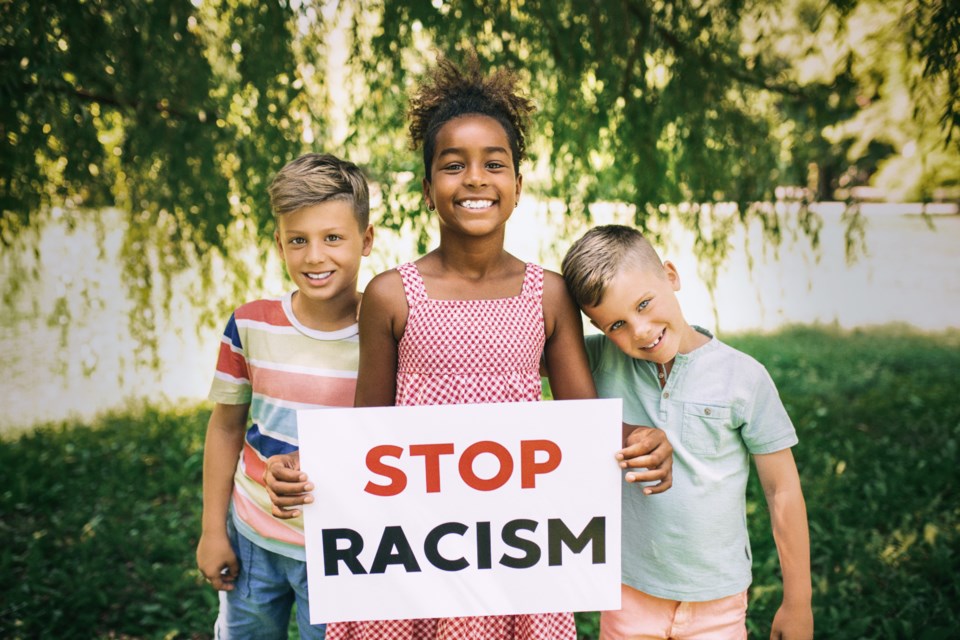Police across Canada reported nearly 2,700 hate crimes in the first year of the pandemic — the largest number ever recorded since comparable data become available in 2009.
That's a 37 per cent increase year over year, according to a report released by Statistics Canada last week.
B.C. saw the second-highest number of hate crimes in the country, with police-reported incidents climbing by 198 over the previous year compared to 316 in Ontario.
But adjusted for population, hate crimes in B.C. surged more than 60 per cent in 2020, not quite double that of Ontario. Per capita, Nova Scotia saw the largest spike in police-reported hate crimes, with a 70 per cent increase during the first year of the pandemic.
Across the country, hate crimes targeting race or ethnicity nearly doubled in year one of the public health crisis, climbing to 1,594 incidents in 2020 from 884 incidents in 2019, the report said.
Black people were the target of the highest proportion of hate crimes, accounting for over 318 incidents. East or Southeast Asian people, meanwhile, saw the largest spike in police-reported hate crimes, climbing over 300 per cent from the previous year. Indigenous people and South Asians also experienced significant increases in the number and rate of hate crimes.
"In 2020, police reported the highest number of hate crimes targeting each of these population groups since comparable data became available," Statistics Canada said in a summary on its website.
Police-reported hate crimes targeting Indigenous people more than double from 29 in 2019 to 73 in 2020.
The report stated that despite this spike, hate crimes against Indigenous people accounted for relatively few police-reported hate crimes. Part of that, Statistic Canada says, is because Indigenous people have lower confidence in police, the justice system and other institutions.
"The relationship between Indigenous peoples and the police has been described as one of mistrust," the report said. "This characterization is rooted in a history of colonization, including residential schools (the last of which closed in 1996), forced relocation and the Sixties Scoop, and is recognized for having profoundly impacted Indigenous communities and families."
Hate crimes targeting religion
Hate crimes targeting religion has continued to decrease since its peak in 2017, dropping to 16 per cent in 2020. But the number of incidents in 2020 was still higher than the total prior to 2017.
Jewish and Muslim communities continued to be the most frequently targeted groups, making up a respective 62 per cent and 16 per cent of crimes against a religion.
The results were similar in self-reported data from the 2019 General Society Survey on Victimization, which found that Jewish and Muslim individuals were more likely to face discrimination for their religion than others.
Hate crimes targeting sexual orientation
The number of police-reported hate crimes against sexual orientation dropped by two per cent in 2020, though the total was still the second highest since data became available in 2009.
Of these crimes, 81 per cent targeted the gay and lesbian community.
The report notes that the LGBTQ2+ community is more likely to experience hate crimes than their straight counterparts but less likely to report assault to police.





